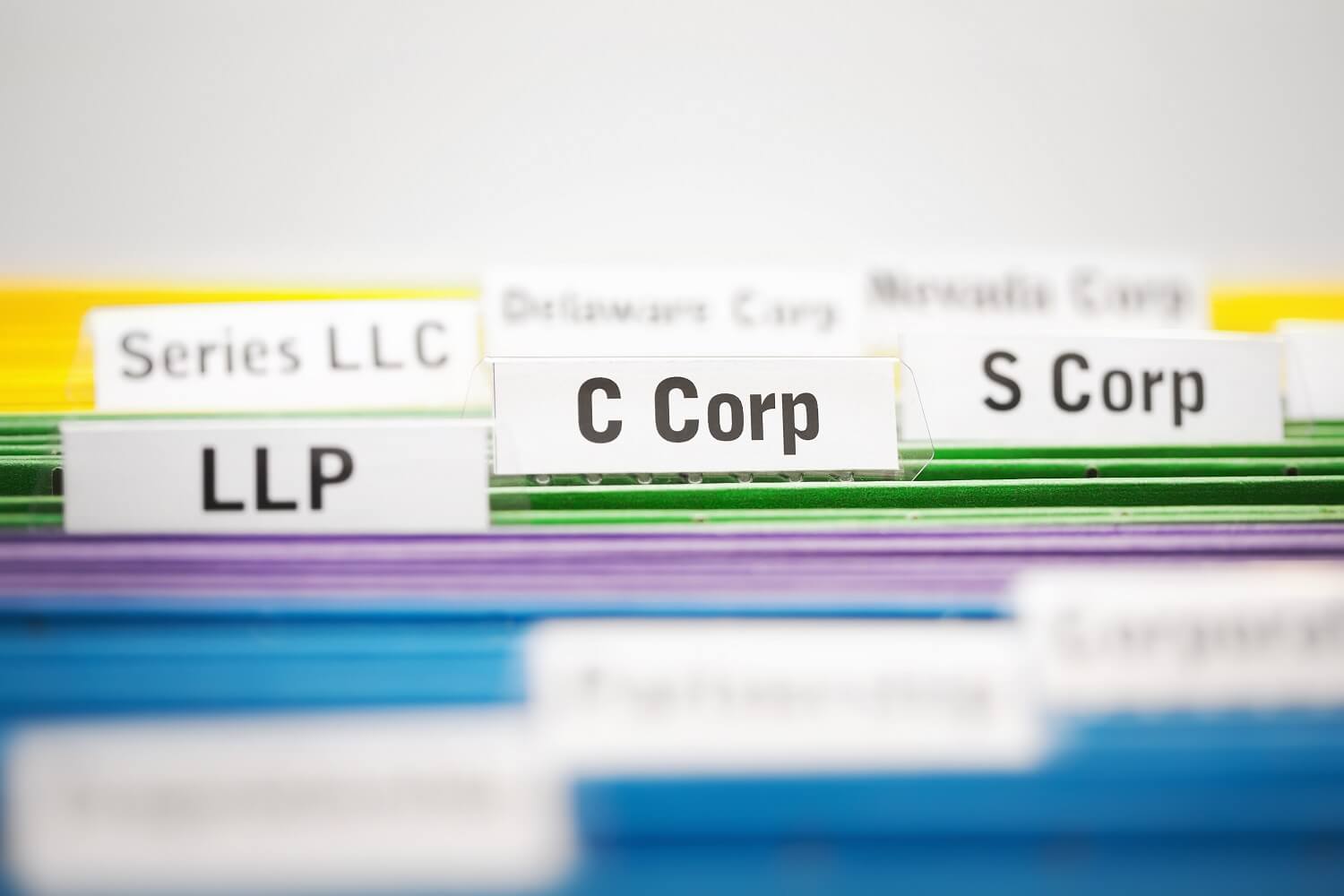税务规划 | 2024 年 8 月 8 日

随着《2017 年减税与就业法案》(TCJA)的关键条款将于 2025 年底到期,许多企业主正在重新评估其实体结构。合格商业收入扣除(第 199A 条)的到期和 2026 年个人税率的回归引发了人们对将直通实体(S 公司或合伙企业)转换为 C 公司的潜在优势的质疑。
虽然 TCJA 永久实施的 21% 统一企业税率似乎很有吸引力,但需要仔细考虑。以下是直通实体可能无法从转换为 C 公司中受益的主要原因。
1. 部分企业的转嫁税率可能仍然较低
直通实体具有在个人层面征税的优势,税率通常低于 21% C 公司税率:
- 资本收益:个人资本利得最高税率为 20%,而企业税率为 21%。
- 累进税率:对于低收入个人,部分直通收入可能按较低的个人税率(例如 10% 或 15%)征税,与统一的 21% 公司税率相比,其总体纳税义务较低。
2. C 公司收益的双重征税
与直通实体不同,C 公司面临两级税收:
- 企业层面的税务:企业层面收益按 21% 征税。
- 股东层面的税收:派发给股东的股息最高需缴纳23.8%的税金(20%资本收益率+3.8%净投资所得税)。
将这些税率结合起来,分配收入的税额可以达到 39.8%,超过了39.6%的最高个人转嫁收入边际税率。
虽然第 1202 条免税条款可能会减少某些 C 公司股票销售的税收,但这些免税条款有局限性,特别是对于房地产和某些服务业。公司支付的股息不符合第 1202 条免税条款的条件。
此外, 累积收益税 如果美国国税局认为留存收益超出了企业的合理需求,则可能适用,从而限制推迟缴纳股东税的能力。
3. 转换回直通实体的挑战
转换为 C 公司比推翻决定要容易得多:
- 五年等待期:一旦 S 选举被撤销,该实体通常五年内不能重新选择 S 身份。
- 罚款税:恢复直通状态可能会触发罚款税,例如 内置收益税 或 超额被动投资收入税,进一步使这一进程复杂化。
4.现金会计方法的限制
S 公司在使用现金会计方法时享有更大的灵活性,尤其是在他们不保留库存的情况下。相比之下,C 公司必须满足第 448(c) 条规定的总收入测试才有资格采用现金方法。
转换为 C 公司可能需要更改应计方法,从而导致:
- 不利的会计调整:第 481(a) 条的调整可能会在过渡期间产生额外的税务责任。
- 失去简单性:对于小型企业来说,现金方法通常更加直接且更有利。
5. 未来税收立法的不确定性
虽然根据现行法律,21% C 公司税率是永久性的,但税收政策可能会发生变化:
- 政治转变:未来的立法可能会提高公司税率、扩大第 199A 条的扣除范围或引入新的税收条款,从而改变转换的成本效益分析。
- 过早采取行动的风险:如果 2025 年后税法没有更加明确,那么如果立法重点发生变化,现在转换为 C 公司可能会导致无法预料的不利影响。
结论:谨慎行事
由于统一的 21% 公司税率,转换为 C 公司可能看起来很有吸引力,但收益的双重征税、恢复为直通状态的困难以及税法的不确定性使其成为一个复杂的决定。
我们的税务咨询公司如何提供帮助
我们的团队专门帮助企业评估实体结构的税务影响。我们将与您合作:
- 分析您的具体财务状况和长期目标。
- 评估转换为 C 公司与保留直通身份的潜在税收影响。
- 提供适合您业务的节税策略指导。
立即联系我们 探索 C 公司结构是否符合您的业务目标和不断变化的税收环境。